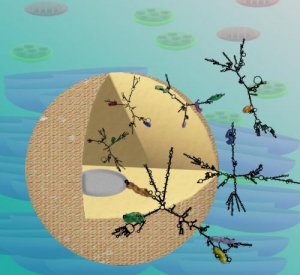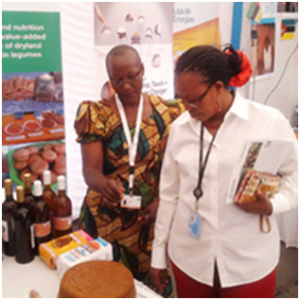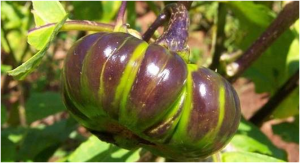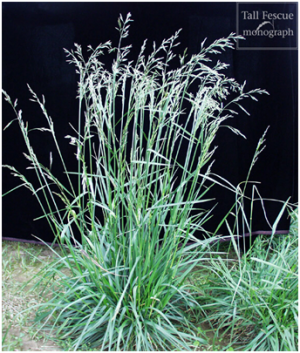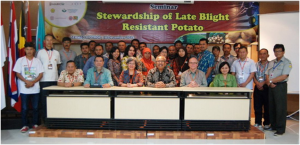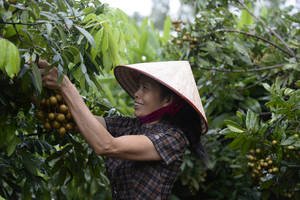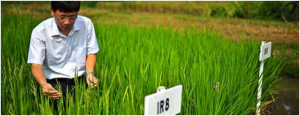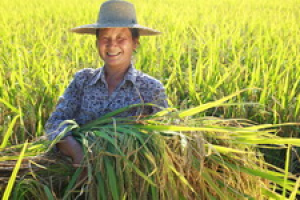|
Trust in Scientists Linked with Adoption of Food from Gene-edited Plants
Saturday, 2023/03/18 | 07:02:27
|
|
Iowa State University researchers examined how the adoption of gene-edited crops is linked with public trust in institutions and values. Their findings are published in Rural Sociology.
CRISPR-Cas9 and other gene editing tools paved the way to speed up the development of new food products with improved qualities. However, there is limited information about the public perception of US consumers about such products, compared to products of genetic modification. To address this knowledge gap, the researchers surveyed 2,000 U.S. residents to understand their attitudes and perceptions about food products derived from gene-edited plants using the Theory of Planned Behavior.
The results showed that the adoption of gene-edited foods depends on public trust in the institution that oversees the development, particularly the university scientists. About 29% of the respondents are interested in gene-edited food because of their high trust in the government food regulators and the biotech industry. However, almost the same percentage of the respondents decided not to adopt due to their lack of trust in the regulatory system and support for consumer and environmental advocacy groups. The findings also showed that most Americans are still not sure whether to support gene editing or not, and whom to trust. Based on the findings, the authors recommended tripartite oversight by universities, advocacy groups, and government food regulators.
Read the open-access article in Rural Sociology for more findings. |
|
|
|
[ Other News ]___________________________________________________
|


 Curently online :
Curently online :
 Total visitors :
Total visitors :
